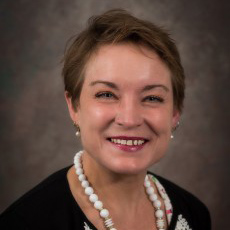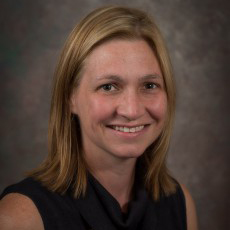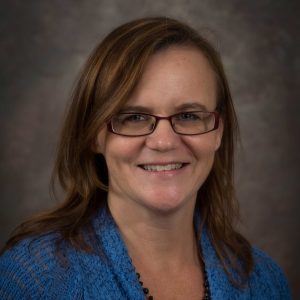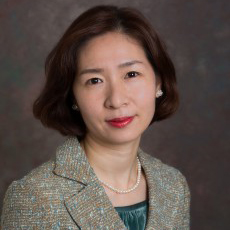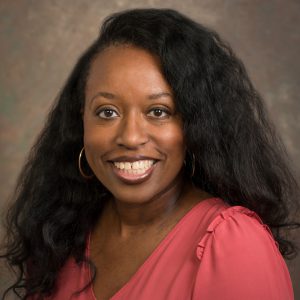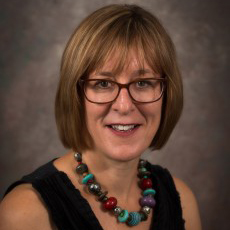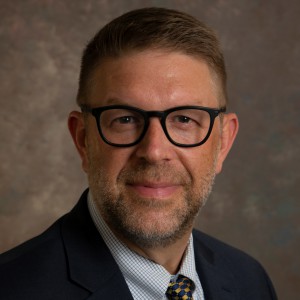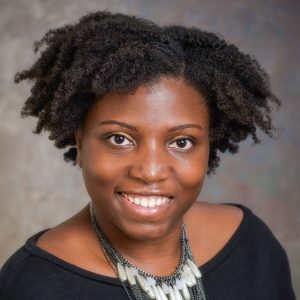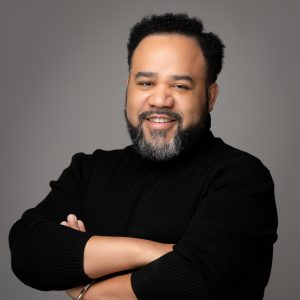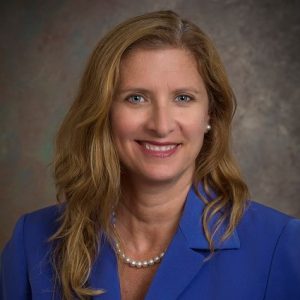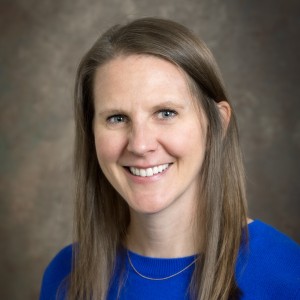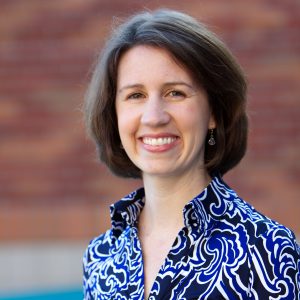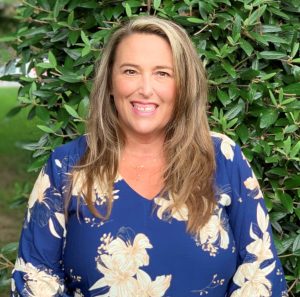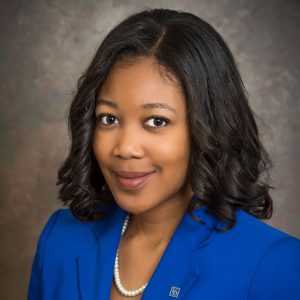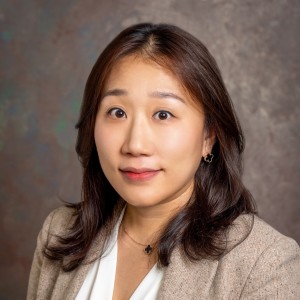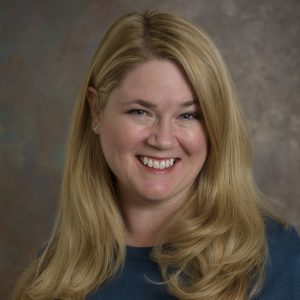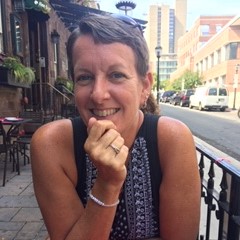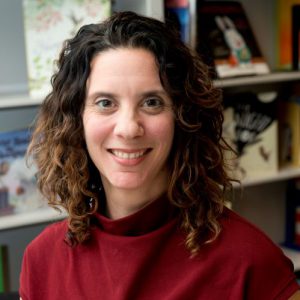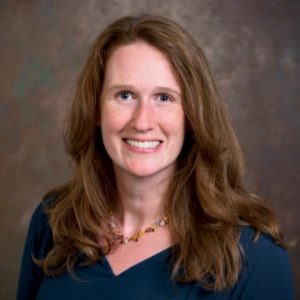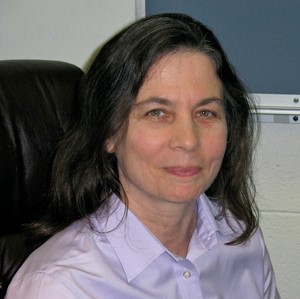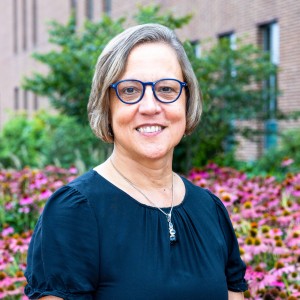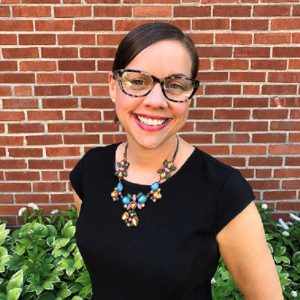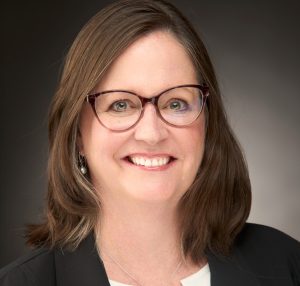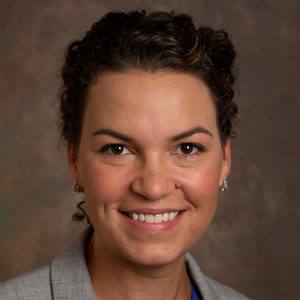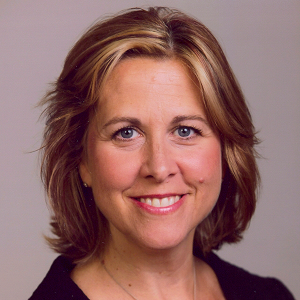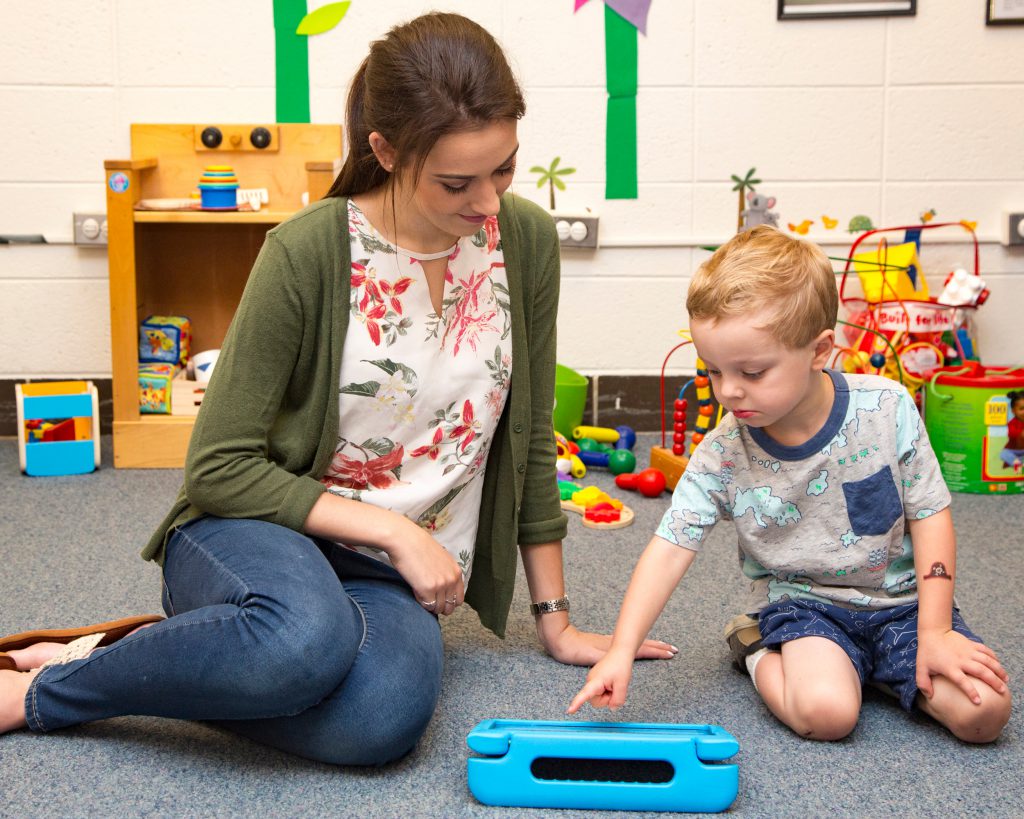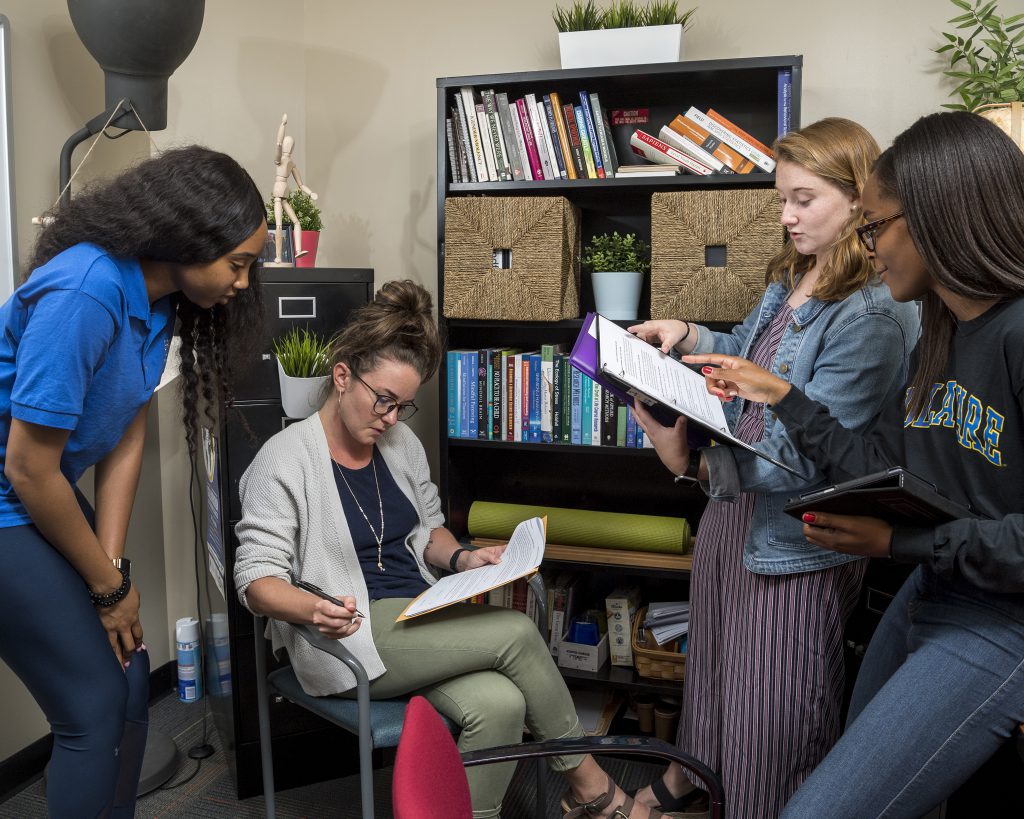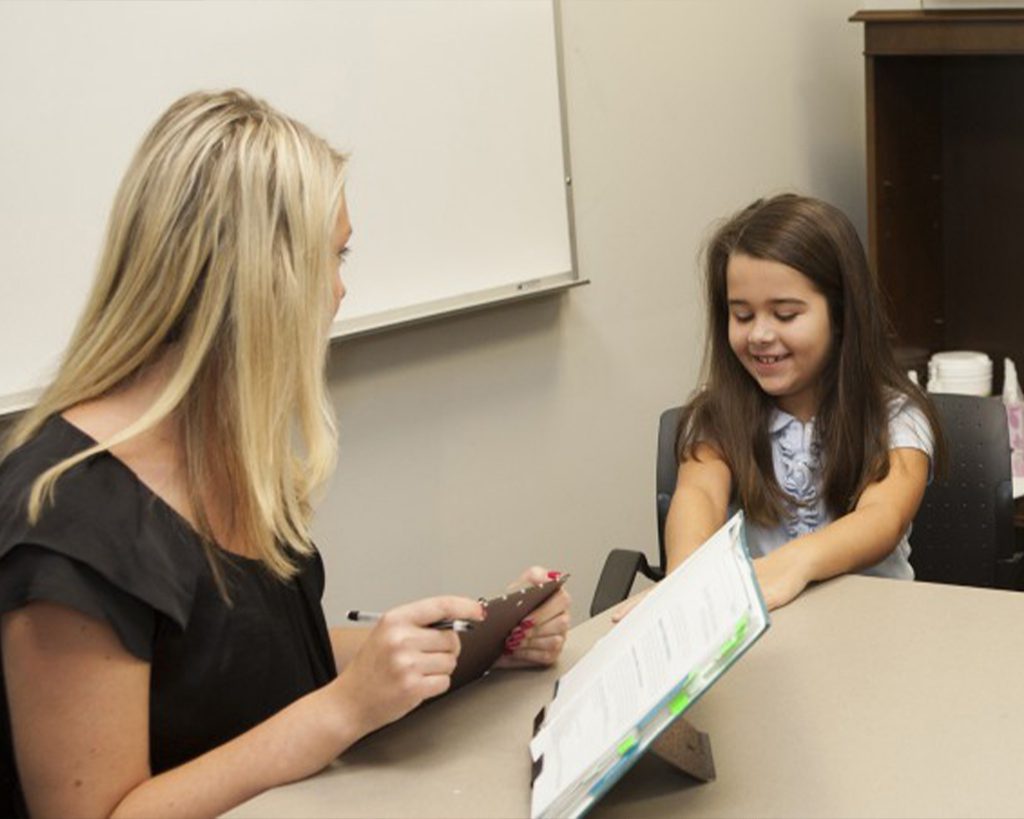Research
Teacher Preparation & Professional Development
With each academic year, novice and experienced teachers across K-12 settings experience similar challenges: how do they best help their students develop their academic skills and promote their socioemotional growth while fostering relationships with the community? The answer to this challenge begins with an excellent teacher preparation program and often continues throughout teachers’ careers with professional development.
Yet, how do we ensure excellence in teacher preparation? Could longitudinal studies following graduates of teacher education programs yield insight into which models best prepare teachers for the classroom? How do we measure the efficacy of professional development? Could a research-based framework focused on certain key features, such as content focus and active learning, help us improve teacher knowledge and practice? And, how can we help teachers deliver research-based curricula within their unique twenty-first classrooms?
At the University of Delaware College of Education and Human Development, our teacher preparation and professional development faculty engage in innovative and interdisciplinary research designed to support novice and experienced teachers across content areas, grade levels, and educational settings. Supported by grants and educational partnerships, our faculty study teacher education programs, develop best practices for early childhood and K-12 education, help teachers use emerging technology, design research-based, culturally-responsive curricula, and evaluate professional development.
Our faculty also participate in several centers for research, education, and service in this area, including the Center for Excellence and Equity in Teacher Preparation, Center for Research in Education and Social Policy, School Success Center and Center for Disability Studies.
Researchers by Topic
Nationally, studies have demonstrated that disciplinary approaches, such as suspension and expulsion, are overly applied to boys, children of color, and children with disabilities with devastating consequences. How can we prevent early childhood programs from using these approaches for children from birth to age 5? Martha Buell’s research in education and social policy centers on the quality of early care and education for infants and toddlers. Her most recent project, funded by the US Department of Health and Human Services, analyzes the alignment and cohesion between the federal Child Care and Development Fund policy guidance in relation to disciplinary approaches and state-level policy actors.
How can colleges and universities better prepare future teachers for careers in early childhood education? Jennifer Gallo-Fox’s research seeks to better understand the ways that teachers learn and practice within their classroom contexts, especially with young children. She has researched developmentally appropriate early childhood curriculum and instruction, as well as early childhood science education. These programs interface through their connection to classroom practice in that they either work to support teacher development, or they examine interactions between teacher practice, context, and reform in order to inform teacher preparation.
How can state and local governments better support family child care environments? Rena Hallam has served as lead investigator across multiple federally funded research projects examining early childhood transition, child assessment, and the intersection of child care quality and subsidized child care. Currently, she is Principal Investigator on a federally funded study of professional development approaches to support and enhance the quality of care in family child care settings, and is Co-Principal Investigator of the Starting At Home Project, which designed to study the impact of a parent-child intervention implemented by Early Head Start home visitors.
What are the best practices for teachers supporting the early language and literacy development of at-risk children? Myae Han’s research in early childhood education has shown that young children learn best in environments where they are able to learn and play at the same time. Han has also co-developed early literacy interventions for at-risk and low-income preschool students in Head Start, which was supported by a $3.3 million grant from the U.S. Department of Education.
How can build meaningful connections between educational theory and practice? As a clinical professor in Human Development and Family Sciences, Rosalyn Washington’s areas of interest include teacher preparation, educational policy relating to early childhood education academic redshirting and mentoring and other-mothering of graduate students. She teaches courses related to literacy, inclusion, professionalism and engaging diverse families.
What steps can teacher education programs take now to train the next generation of teachers to be culturally responsive? Since 2015, Lynn Worden and co-researchers Rosalie Rolon-Dow and Jill Flynn have been developing a curriculum for teacher candidates at the University of Delaware with the goal of developing racial literacy. Their recent research offers guidance on helping students to understand that race is a social construct and reflect on ways that the opportunity gap created by racist structures impacts education, special education, discipline in schools and resources for schools.
How can kindergarten and first grade teachers help English language learners strengthen their reading skills? With the support of two different Institute of Education Sciences research grants, Steve Amendum studies how we can support teachers to help improve early reading outcomes for students whose first language is not English. In a recent study, Amendum found that young children who had stronger Spanish emergent reading skills upon entering kindergarten experienced greater success over time when compared to their Spanish-speaking peers, who were more fluent in speaking English but less proficient in reading Spanish.
How can schools address the mental health gap that exists between white and non-white students? According to Tia Barnes, the mental well-being of students of color is often overlooked by researchers developing social and emotional learning interventions. Few have incorporated culturally responsive strategies that acknowledge the role racism can play in student mental well-being. Barnes is the principal investigator for a Delaware Department of Health and Social Services grant-funded project that will examine the physical and mental health, social media use, and discrimination experiences of black girls ages 10-19 in the state of Delaware, and develop culturally responsive strategies that teachers can employ in the classroom.
In what ways to interlocking systems of oppression frame the social worlds of students? And what can schools do to help meet the needs of student populations that are rapidly diversifying? According to Roderick Carey, educators who are committed to ensuring equitable access to educational opportunity must be mindful of the interlocking or intersectional oppressive factors underlying the grave educational disparities for marginalized children across the PreK–12 spectrum. PreK-12 school policies and practices must be crafted out of an awareness of the intersectionality of oppressive systems, suggests Carey, who also includes recommendations for educators to employ intersectional thinking in their practice.
How can we ensure that professional learning helps teachers develop new knowledge or improve their practice in using standards-based curricula? Could a research-based framework provide an effective model for this form of professional learning? Laura Desimone conducts theoretical and evaluative research on professional learning for teachers across subject areas with an ultimate goal of identifying ways to deepen teacher knowledge and improve practice in ways that foster greater student learning. Grounded in a theory of policy attributes and essential supports for successful schools, her recent work studies the effectiveness of professional learning approaches attempting to foster ambitious and culturally responsive instruction in math, science and English language arts.
Joy Esboldt’s interdisciplinary research leverages critical theories of race and learning to examine how teachers, leaders and organizations learn about race, power and equity within local and sociopolitical contexts. She is particularly interested in interactional and organizational processes of teacher learning that lead to social transformation and/or social reproduction. Esboldt employs a range of qualitative methods, predominantly grounded in partnerships with educators and educational leaders with shared commitments to cultivating more democratic and liberatory learning environments.
Public understanding of the earth and environmental sciences is more important than ever, and it is often improved with early exposure to rigorous and engaging instruction. How can we prepare future teachers to teach science that makes a difference when their own science learning experiences may not have aligned with research-supported practices? Danielle Ford’s research focuses on elementary science teacher education, including the development of preservice teachers’ knowledge and beliefs about science teaching. Her recent projects examine innovative college earth science instruction using place-based, active, and standards-aligned pedagogies and its impact on preservice elementary teachers’ capabilities for evidence-based reasoning and research design.
How can we organize teachers’ work, so they have ongoing and embedded opportunities to deepen their teaching practices alongside their colleagues? Lynsey Gibbons seeks to explore teacher learning through an organizational and systems perspective with special attention to professional learning routines, the roles of instructional leaders such as principals and coaches, and the role of coherent learning events for teachers. In a recent study, Gibbons and her co-authors identified facilitation practices that support professional learning and described how the practices promote collaborative learning, support teachers’ experimentation with instructional practice, and foster collective the analysis of teaching.
How can teacher preparation programs offer students meaningful field experiences while supporting clinical educators? What benefits might co-teaching provide? How can we use forms of technology, such as video, to conference with students and encourage reflection on their teaching? As a senior field instructor in the School of Education, Vicki Goettel’s interests center on developing meaningful field experiences in teacher preparation programs, supporting pre-service teachers and clinical educators, and encouraging reflective practice.
How can we support high school and college students who are interested in a teaching career? Teresa Hickok’s research interests include teacher preparation, especially elementary teacher education. She serves as the program coordinator for the School of Education’s Associate in Arts in Elementary and Middle School Teacher Education program (Wilmington campus).
How can we best prepare teacher candidates to teach mathematics within their own classrooms? Should their courses include a wide range of math topics or focus deeply on only a few? Further, how often should we revise and reflect on these courses? With Anne Morris, Hiebert studies the nature of systems that support the continuous improvement of mathematics teaching. Collaboratively with other UD faculty, Hiebert and Morris continually work to revise and improve upon the preservice mathematics courses at UD. Further, they have demonstrated through longitudinal studies that this method is effective: alumni of the SOE elementary teacher education program in mathematics retain strong knowledge of these concepts up to seven years after learning them. With UD colleague Ralph Ferretti, Hiebert has also contributed research on systemic efforts to identify and promote excellent teaching across subject areas.
How can we help students develop civic identities and competence within a multicultural democracy? Soo Bin Jang’s research interests include developing transnational civic identity and competence, promoting democracy through curriculum reforms within Asian contexts and implementing anti-racist pedagogy in teacher education. She serves as the principal investigator on a project examining the role of Korean migrant community leaders in transcending cultural boundaries and exercising transnational citizenship, funded by the Academy of Korean Studies.
How can we create an engaging mathematics classroom, one that both welcomes ideas in progress and motivates students to persevere with difficult concepts? In her recent book, Rough Draft Math: Revising to Learn, Amanda Jansen shows how teachers can build community and encourage students to share their in-process thinking rather than only focusing on the “right” answer. Jansen also serves as co-PI for the SMiLES project (Secondary Mathematics in-the-moment Longitudinal Engagement Study) and the Inquiry and Equity in Mathematics for Education Faculty project, both funded by NSF. In the SMiLES project, she investigates instructional strategies that motivate and engage students in ninth and tenth grade. In the Inquiry and Equity project, she develops and studies professional development for mathematics education professors that integrates attention to equity and mathematics inquiry teacher education.
How can we design online learning environments for teacher education students that are collaborative, interactive, and engaging? Further, how can we leverage the affordances of digital technology to enrich a student’s educational experience and help them develop a community of peers? In her new book, Improving Online Teacher Education: Digital Tools and Evidence-Based Practices, Rachel Karchmer-Klein guides educators in developing engaging, evidence-based practices into online teaching environments for their teacher candidates, including think alouds, case-based instruction, peer feedback, and field experience across content areas.
How can we offer our pre-service teachers meaningful field experiences before they graduate from their teacher preparation program? How might the co-teaching model provide instructive experiences and support for both the pre-service teacher and the experienced educator? Stephanie Kotch-Jester’s research interests include improved field experiences for pre-service teachers through co-teaching, novice teacher conversation groups and assessment of student learning. She serves as the Associate Director of Undergraduate studies in the School of Education and coordinates the undergraduate elementary teacher education program.
How can we understand and improve the quality of instruction in mathematics in K-12 educational settings? Erica Litke’s research focuses on understanding and improving instructional quality in mathematics across three strands: describing and analyzing instructional practices using observation instruments, connecting instructional quality to broader issues in education by understanding the policy climate in which mathematics teaching occurs, and developing teacher knowledge. In a recent study, Litke used an observation instrument she developed to examine instructional practice in algebra lessons and support professional development opportunities for teachers tied to these instructional practices.
Many community college students must take developmental writing courses to improve their skills before progressing to other courses. How can we encourage these students to take ownership of their learning and develop transferrable writing skills? Charles A. MacArthur contributes research on writing development and instruction for struggling writers, the development of self-regulated strategies, adult literacy, and applications of technology to support reading and writing. Funded by Institute of Education Sciences, his Supporting Strategic Writers project develops and evaluates a writing curriculum for college basic writing classes. Through this curriculum, students learn how to plan, draft, and revise compositions, enact self-regulation strategies, and implement common organizational structures, among other skills.
How do teachers’ emotions and emotion-related experiences, including well-being, impact their effectiveness? Leigh McLean investigates how teachers’ emotions impact their instructional practices and the role that early-career teachers’ emotions play as they transition into the career. She is a principal investigator on two federally funded projects: one from the Institute of Education Sciences exploring how elementary teachers’ feelings and beliefs impact their effectiveness in the content areas they teach, and one from the National Science Foundation exploring how the mentored teaching experience impacts elementary mathematics teachers’ effectiveness during the early career stage.
How can we best prepare teacher candidates to teach mathematics within their own classrooms? Should their courses include a wide range of math topics or focus deeply on only a few? Further, how often should we revise and reflect on these courses? With Jim Hiebert, Anne Morris studies the nature of systems that support the continuous improvement of mathematics teaching. Collaboratively with other UD faculty, Morris and Hiebert continually work to revise and improve upon the preservice mathematics courses at UD. Further, they have demonstrated through longitudinal studies that this method is effective: alumni of the SOE elementary teacher education program in mathematics retain strong knowledge of these concepts up to seven years after learning them.
How can we best prepare teachers who are willing to examine and address the effects of race and intersecting social constructs on schooling? Dr. Rolón-Dow’s research focuses on the intersections of sociocultural identities and educational equity and opportunity, and on the application of critical race frameworks to educational problems. She investigates pedagogies that promote racial literacy development in pre-service teachers. She also explores how pre-service teachers respond to curriculum that addresses race and racism in educational experiences. Dr. Rolón-Dow engages teaching and scholarship projects that aim to make racial literacy a foundational pillar of teacher education programs.
How can K-12 teachers connect their students’ personal, lived experiences to an often mandated, impersonal, and standards-based curriculum? This question is pressing for teachers who are working in under-resourced schools serving students who have been historically marginalized by traditionally oppressive curricula. Elizabeth Soslau’s research has shown that teachers highly valued the opportunity to humanize their classrooms and implement a pedagogical framework that focused on elevating students’ voices and incorporating students’ lived experiences as part of a meaningful and rigorous curriculum focused on developing students’ sense of agency.
How can educators better prepare students to be proficient readers? The design and implementation of tiered reading instruction is a focal point of Sharon Walpole’s work. Walpole also studies the design and effects of schoolwide reforms, particularly those involving literacy coaches. Currently, she is supporting state- and district-level Response to Intervention (RTI) initiatives and PK-12 State Literacy Plans. Dr. Walpole is the author of the free Open Educational Resource Bookworms. This evidence-based curriculum has generated impressive results for improving student achievement.
How does research into autism spectrum disorders translate to education practices in schools and at home? Sarah Mallory provides professional development to help educators create and implement evidence-based teaching and support strategies for individuals diagnosed with autism or other developmental disabilities. She is the interim director of the Delaware Network for Excellence in Autism (DNEA), a state-funded resource center working to improve the lives of individuals and families living with autism.
How can teachers best utilize modern digital technology to help students with learning disabilities? Beth Mineo’s research focuses on autism and other communication disorders, particularly language disorders, and the role of assistive technology in providing new learning opportunities both at home and in the classroom. Recent projects include a $2.2 million grant from the Department of Health and Human Services to develop a training program for educational leaders to better understand neurodevelopmental disorders, and a $1.9 million grant from the Department of Education to study the efficacy of assistive technology in early childhood special education classrooms.
In the News
Celebrating Children’s Book Week
In celebration of National Children’s Book Week from November 3 to 10, University of Delaware’s College of Education and Human Development (CEHD) engaged in several early literacy initiatives and events for children, families and early education providers across Delaware. Hallam (right) with Michelle Semonelle (left), director of Kirkwood Early Education …
Let’s Grow Outside!
When Diana Mercado applied to the University of Delaware’s Let’s Grow Outside! initiative, she saw a great opportunity for the children she serves at Pirulo’s Child Care and Learning Center in Newark, Delaware. The garden she planned to create would become a place for them to explore, learn about nature …
New Distinguished Professor in Teacher Education
Amanda Jansen, a national expert in mathematics education and a dedicated educator, has been named Distinguished Professor of Teacher Education in the University of Delaware’s College of Education and Human Development (CEHD). This named professorship recognizes excellence in teacher education scholarship, teaching and service. Jansen, professor in CEHD’s School of …
Research Centers & Labs
The Center for Disabilities Studies works to enhance the lives of individuals with disabilities and their families through education, advocacy, service and research. It promotes empowerment and opportunity, accessibility and inclusiveness, so all may fully participate in – and enrich – their communities.
CEETP serves both pre-service and in-service teachers, improves access for the education community to the University’s teacher education and professional development programs, and supports the state’s efforts to enhance teacher education and professional development in line with new state content standards and accountability requirements.
CRESP conducts rigorous research, program evaluation, and policy analysis to help practitioners, policymakers, and the researchers better understand critical issues in education, community health, and human services.
The mission of the Early Learning Center is to provide a model of quality early care and education services for children and their families which supports the academic and research programs of the University of Delaware.
The University of Delaware Lab School engages in curriculum development, exploratory studies and serves as research site for university faculty and students. The school provides a model of exemplary practice and research-based professional development for practitioners serving children and their families.
The SSC brings together UD’s renowned Professional Development Center for Educators and Delaware Academy for School Leadership. With a systemic approach to improving student and school outcomes, the SSC is composed of experts in educator and school leader professional development who partner with teachers and administrators in public, charter and independent schools throughout Delaware and across the nation.
The College School offers students with learning differences a rigorous and engaging curriculum in a University setting. Professional development at The College School is research-based and reflective of the expertise attained within and beyond the UD community.




